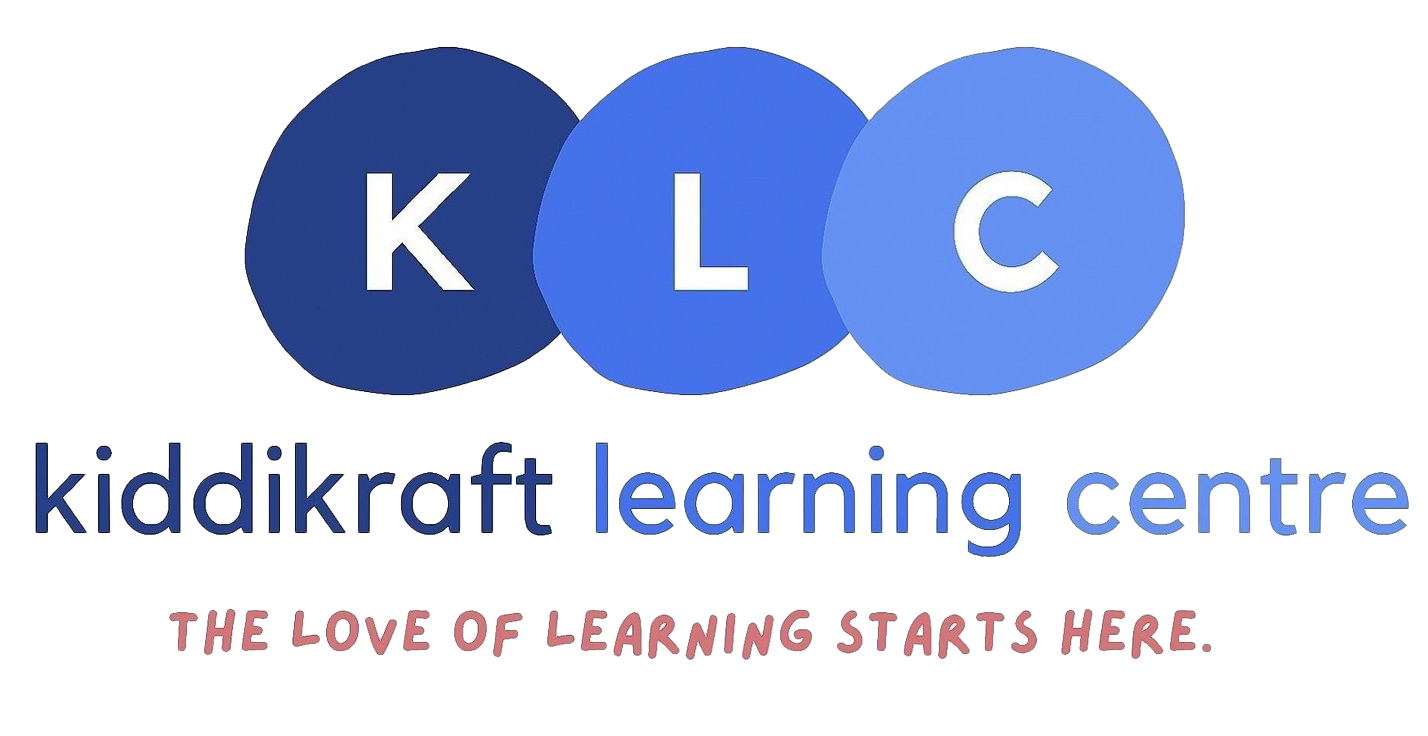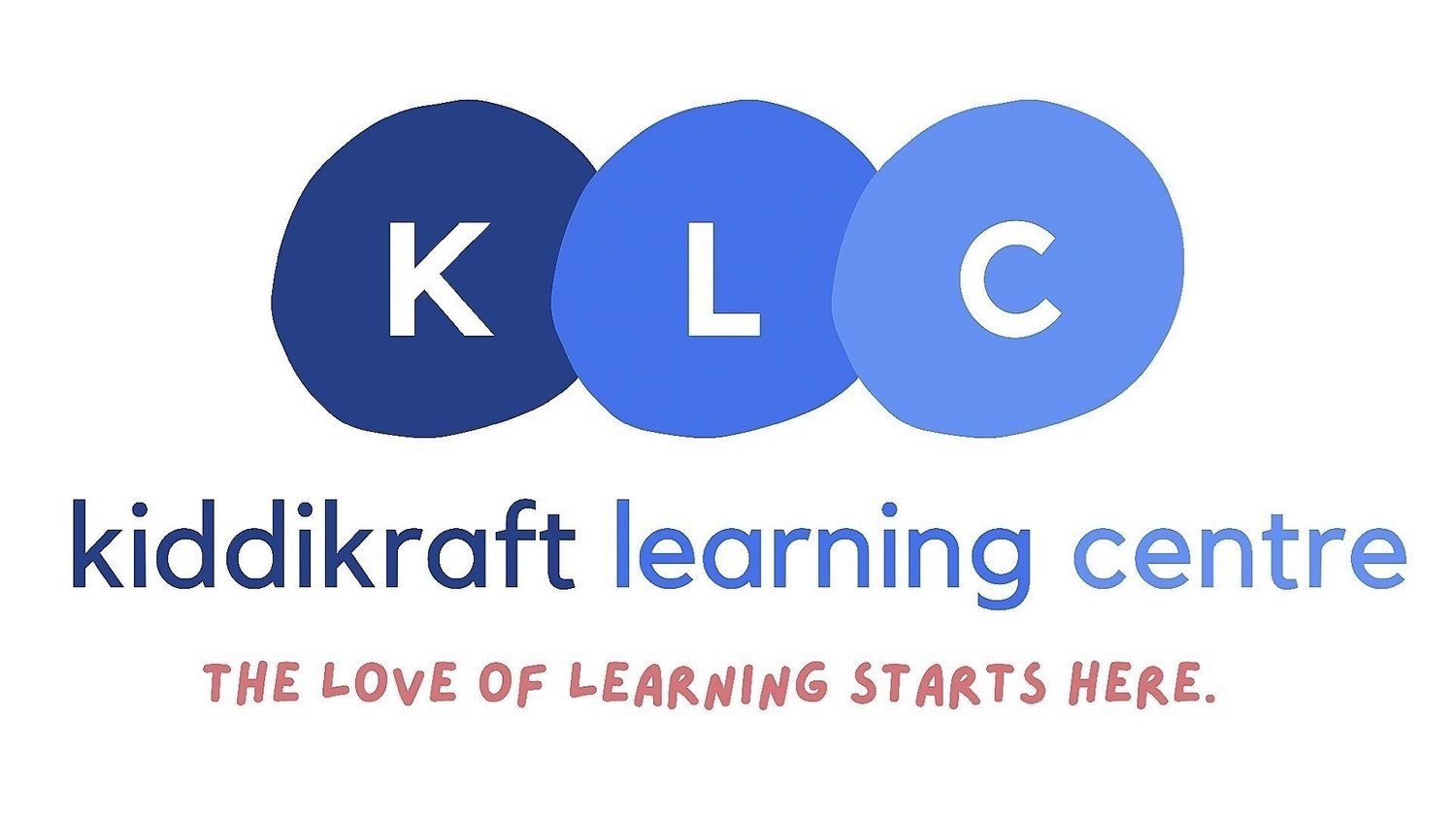Promoting Emotional Intelligence: Fostering Self-Awareness
Introduction:
Fostering emotional intelligence is essential for helping children develop self-awareness, empathy, and healthy relationships. By teaching them to recognise and manage their emotions, understand the emotions of others, and communicate effectively, parents can help their children navigate the complexities of social and emotional interactions with confidence and resilience.
Teaching Emotion Recognition:
Teach your child to recognise and label their emotions accurately, and to understand the physical sensations and behaviours associated with different feelings. Help them identify and express a wide range of emotions, and validate their feelings to help them develop emotional awareness and resilience.
Encouraging Emotional Expression:
Encourage your child to express their emotions openly and honestly, and to communicate their thoughts, feelings, and needs with others in healthy and constructive ways. Teach them to express themselves assertively, listen actively, and respond empathetically to the emotions of others.
Teaching Coping Strategies:
Teach your child healthy coping strategies to manage stress, anxiety, and other difficult emotions. Encourage relaxation techniques such as deep breathing, mindfulness, and meditation, and teach them problem-solving skills and positive self-talk to help them navigate challenges and setbacks with resilience and optimism.
Fostering Empathy:
Foster empathy in your child by helping them understand and appreciate the perspectives and feelings of others. Encourage them to take the perspective of others, show kindness and compassion towards those in need, and demonstrate empathy in their interactions and relationships.
Setting Emotional Boundaries:
Help your child set healthy emotional boundaries to protect their well-being and maintain healthy relationships. Teach them to recognise and respect their own emotions and needs, and to assertively communicate their boundaries and limits to others in a respectful and assertive manner.
Promoting Conflict Resolution:
Promote healthy conflict resolution skills by teaching your child to communicate assertively, listen actively, and seek mutually beneficial solutions to conflicts and disagreements. Encourage them to express themselves calmly and respectfully, and to work towards resolution with empathy and understanding.
Celebrating Emotional Intelligence:
Celebrate your child's emotional intelligence and growth, and acknowledge their efforts and progress as they develop self-awareness, empathy, and healthy relationships. Highlight their strengths, resilience, and compassion, and show pride in their ability to navigate social and emotional challenges with confidence and grace.
Conclusion:
Promoting emotional intelligence is essential for helping children develop self-awareness, empathy, and healthy relationships. By teaching emotion recognition, encouraging emotional expression, teaching coping strategies, fostering empathy, setting emotional boundaries, promoting conflict resolution, and celebrating emotional intelligence, parents can help their children develop the social and emotional skills they need to thrive in all aspects of their lives.

